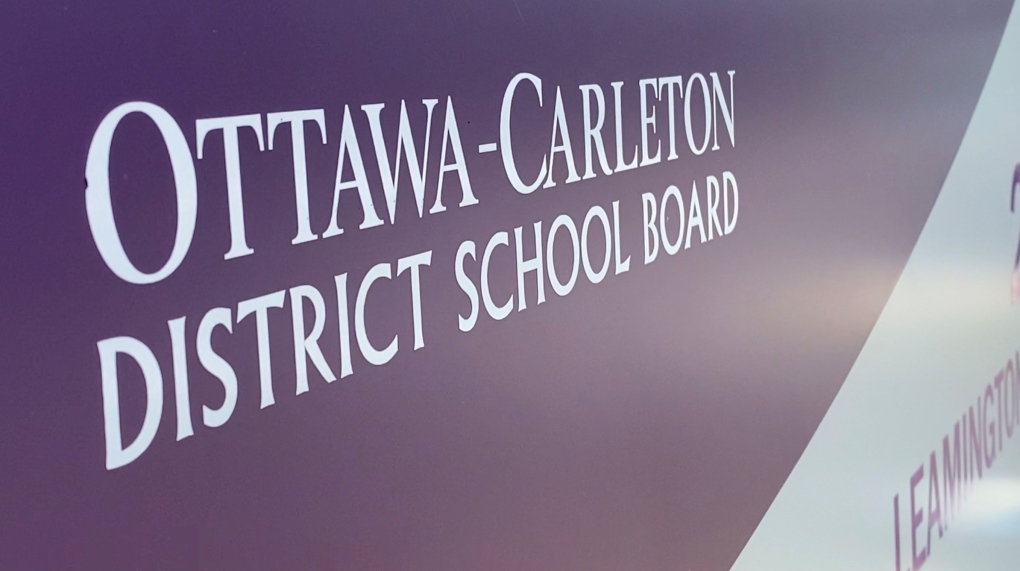
OCDSB program review aims to keep kids in schools closer to home, director says
CTV
The director of education for the Ottawa-Carleton District School Board says making sure elementary school students can attend classes close to home is an important part of making schooling in Ottawa more equitable.
The director of education for the Ottawa-Carleton District School Board says making sure elementary school students can attend classes close to home is an important part of making schooling in Ottawa more equitable.
The OCDSB launched an elementary program review this month to examine the six programs it offers — English with Core French, Middle French Immersion (MFI), Early French Immersion (EFI), Alternative, and Ottawa-Carleton Virtual — along with special education and English as a Second Language supports and services. The goal of the review, which isn't slated to be implemented until the fall of 2025, is to determine whether the current program model still serves the needs of the community.
Pino Buffone told Newstalk 580 CFRA's Ottawa Now with Kristy Cameron on Wednesday that not all schools offer the same programs and services, which can affect equity of access.
"In some cases, students and their families are having to bypass the local school to get to another school to access a program that they're looking for. So we're taking a look at that on balance, all in the spirit of achievement, wellbeing and, of course equity, but also, as a large complex institution of public education, our effectiveness and efficiency in the business we run."
In a report dated April 2, 2024, the OCDSB says the school board has developed "a patchwork of school configurations and grade structures" as it has grown over the last 25 years.
"While the current program model has, over the past quarter century, served the needs of many in the community, we know that many others have been underserved. There is an immediate need to rethink what programming the District offers, how and where it is offered, whose needs are served, and how schools may be redesigned to better meet the needs of current and future generations," the report says.
"The driver here is that we understand that we want to make sure all of our students have equity of access, equity of opportunity, equity of lived experiences and, ultimately, equity of outcomes," Buffone said.
